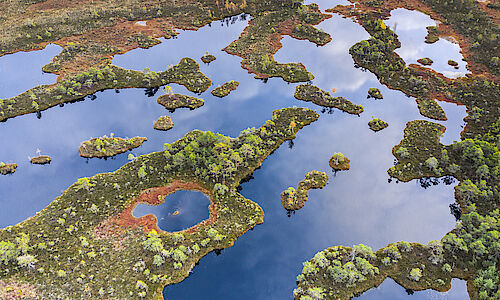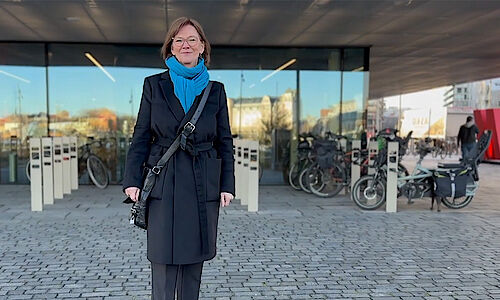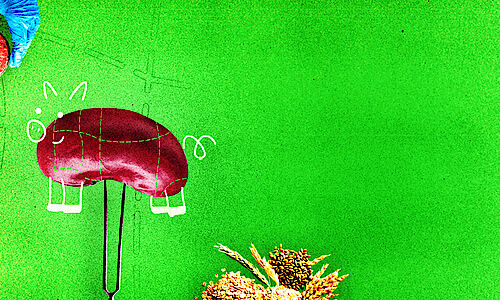News & Academies' activities
EASAC and JRC set up Brainstorming Workshop with Global Young Academy
As part of EASAC's ongoing cooperation with the EU Commission's Joint Research Centre (<link https: ec.europa.eu jrc external-link-new-window external link in new>JRC), the two organisations have organised a joint Brainstorming Workshop with the Global Young Academy (<link http: www.globalyoungacademy.net external-link-new-window external link in new>GYA) on 11 July 2014 in Brussels.
The GYA was officially founded in 2010 with support by IAP, the InterAcademy Partnership, which is the global network of science academies. The aims of the GYA are to act as the 'voice of young scientists around the world' and to empower and mobilize young scientists to address issues of particular importance to early career scientists. The IAP and GYA continue to closely collaborate on a wide range of programmes and activities.
As the regional affiliated network for Europe of IAP, EASAC used its contacts to the European Commission to connect its 'science service' JRC with the young outstanding scientists and scholars from Europe, the Middle East and Northern Africa. The three organisations were represented by the JRC's Director General Vladimir Sucha, the GYA Co-Chairs Sameh Soror & Eva Alisic and EASAC's Past President Volker ter Meulen.
This meeting was organised to begin a process with the GYA which primarily aims at establishing a standing consultation body for the European Commission with excellent young minds, but also to explore the possibility of involving GYA into the JRC's dialogue with other academic stakeholders.
The event aimed to facilitate an interactive debate on creative and innovative approaches to address some of the complex societal challenges faced by Europe, many already acknowledged in the EU's Horizon 2020 programme. The JRC as the European Commission's in-house science service and EASAC as representative of the National Academies of Science of EU Member States recognised the importance of horizon-scanning and invited representatives of the GYA and European National Young Academies (NYAs) to brainstorm, share perspectives and explore new directions.
Workshop participants were tasked with thinking of the unthinkable - which are the new and emerging global challenges, not yet identified or fully recognised - and how can the sciences and other academic disciplines be integrated to help improve the preparedness to face future challenges?
Brainstorming generated a very wide range of ideas on challenges, prioritised according to guiding criteria for societal impact and equity, novelty and timeliness, and clustered into broader, cross-cutting themes likely to serve strategic European needs. Clarification and exemplification of these clustered priorities stimulated further debate on the potential solutions to those challenges identified.
Participants' assessment and synthesis initially addressed five priorities: Readiness for the future in terms of Technology; and the Social dimensions; Future models of democracy; Bridging gaps and tackling inequalities in a broken world; and Innovation and the entrepreneurial spirit. Further break-out group analysis of challenges and their solutions then characterised elements of the unthinkable, variously in terms of uncertainty, cognitive biases and the invisible world, this latter referring to the disconnect between the individual and the outside, for example appertaining to those parts of the supply chain or other commercial operations that are not apparent to consumers in Europe.
At the close of the meeting, workshop participants agreed that they would take a number of ideas and inspiration for action back with them into their respective networks.
There was an agreement for closer future cooperation between the JRC and GYA at the end of the meeting, which was particularly welcomed by EASAC. As a possible first project, a joint working group may look into issues of the 'invisible world'.
back to overview































